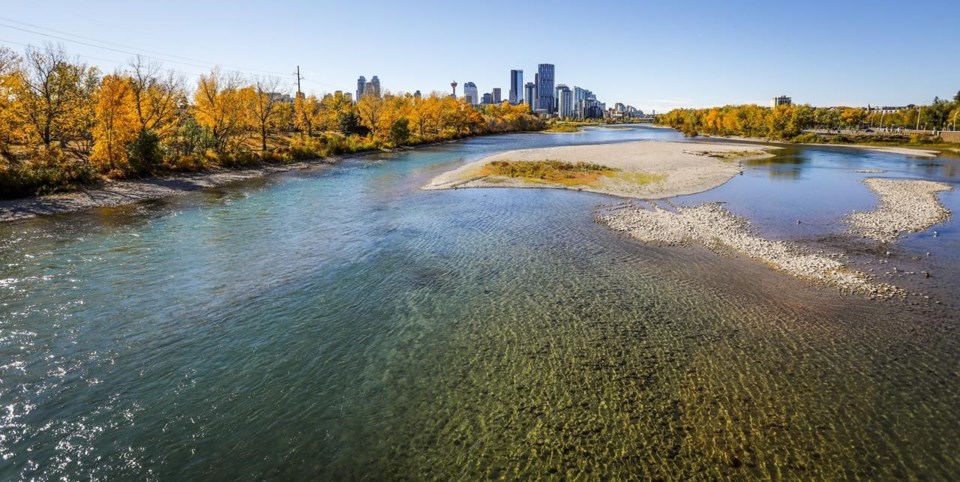CALGARY — The City of Calgary is warning it may restrict outdoor water use by May 1 if dry conditions keep up.
And a big dump of snow in the forecast this week likely won't be enough to change the outlook.
In the meantime, Mayor Jyoti Gondek is urging Calgarians to use less water at home.
That can mean taking shorter showers, running only full laundry and dishwater loads and turning off the tap while shaving or brushing teeth.
Gondek says drought is one of the biggest hazards climate change poses to the city at the confluence of the Bow and Elbow rivers.
She says the city is doing its part by cleaning its vehicles and watering parks less often, as well as turning off fountains and planting drought-resistant vegetation.
"We're getting people prepared for conservation and, if the restrictions have to be put in place, at least they will be ready," Gondek told a news conference Tuesday.
"And so the flag is up. There will more than likely be persistent drought conditions and, if restrictions come, it will be a decision that administration is making in May. But we don't want that to be a surprise to Calgarians."
Environment Canada is predicting up to 25 centimetres of snow in southern Alberta over the next few days.
Nicole Newton, manager of natural environment and adaptation, said the moisture is welcome, but there needs to be melt from an above-average snowpack in the Rocky Mountains to break the drought.
"March and April is when the mountains typically receive most of their snow," she said.
"Our region relies on the gradual melting of mountain snowpack and spring rains to replenish reservoirs, ensuring sufficient water supply."
Calgary restricted outdoor water use between August and October last year, with residents told to take turns washing cars and watering lawns.
This report by The Canadian Press was first published March 19, 2024.
The Canadian Press




